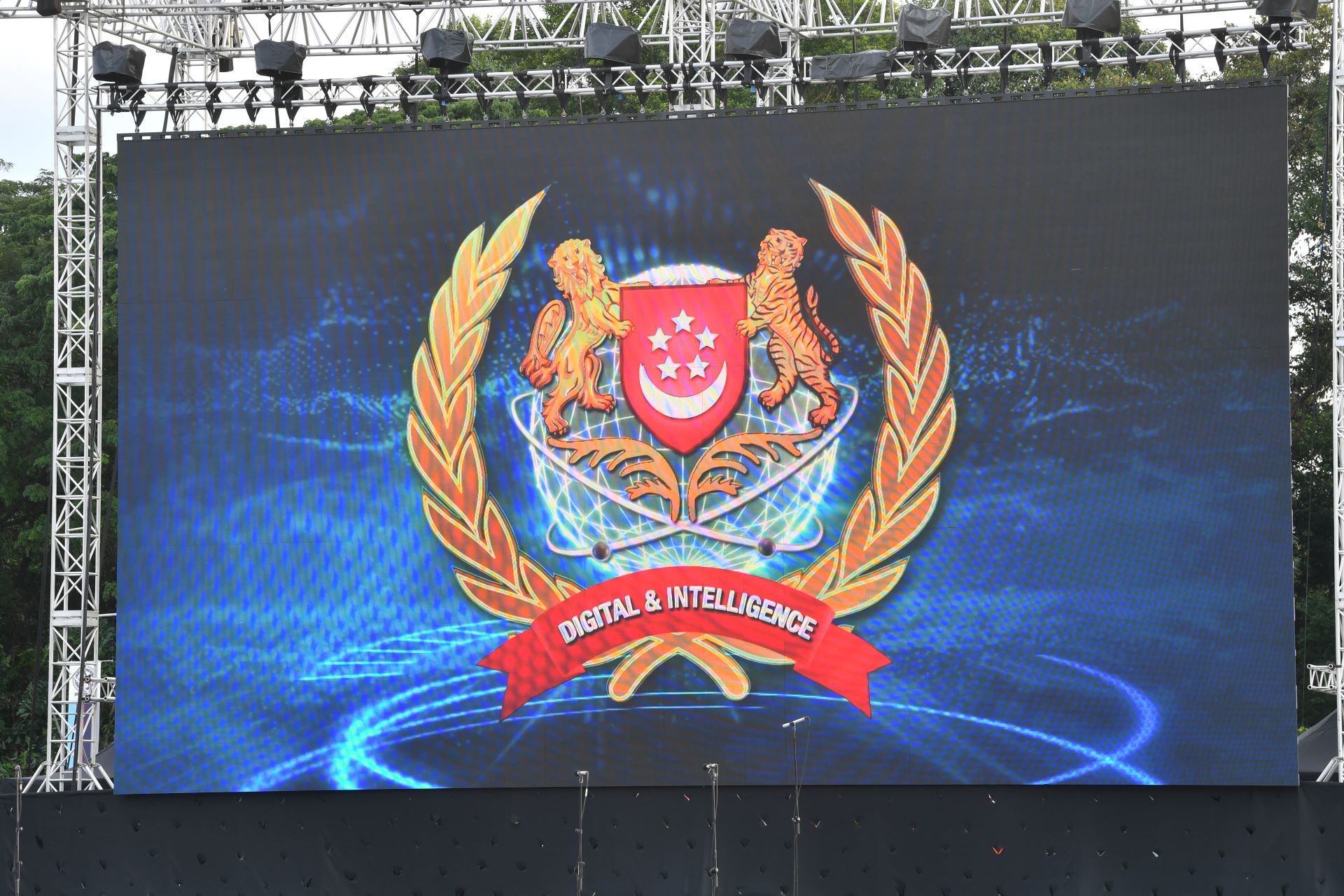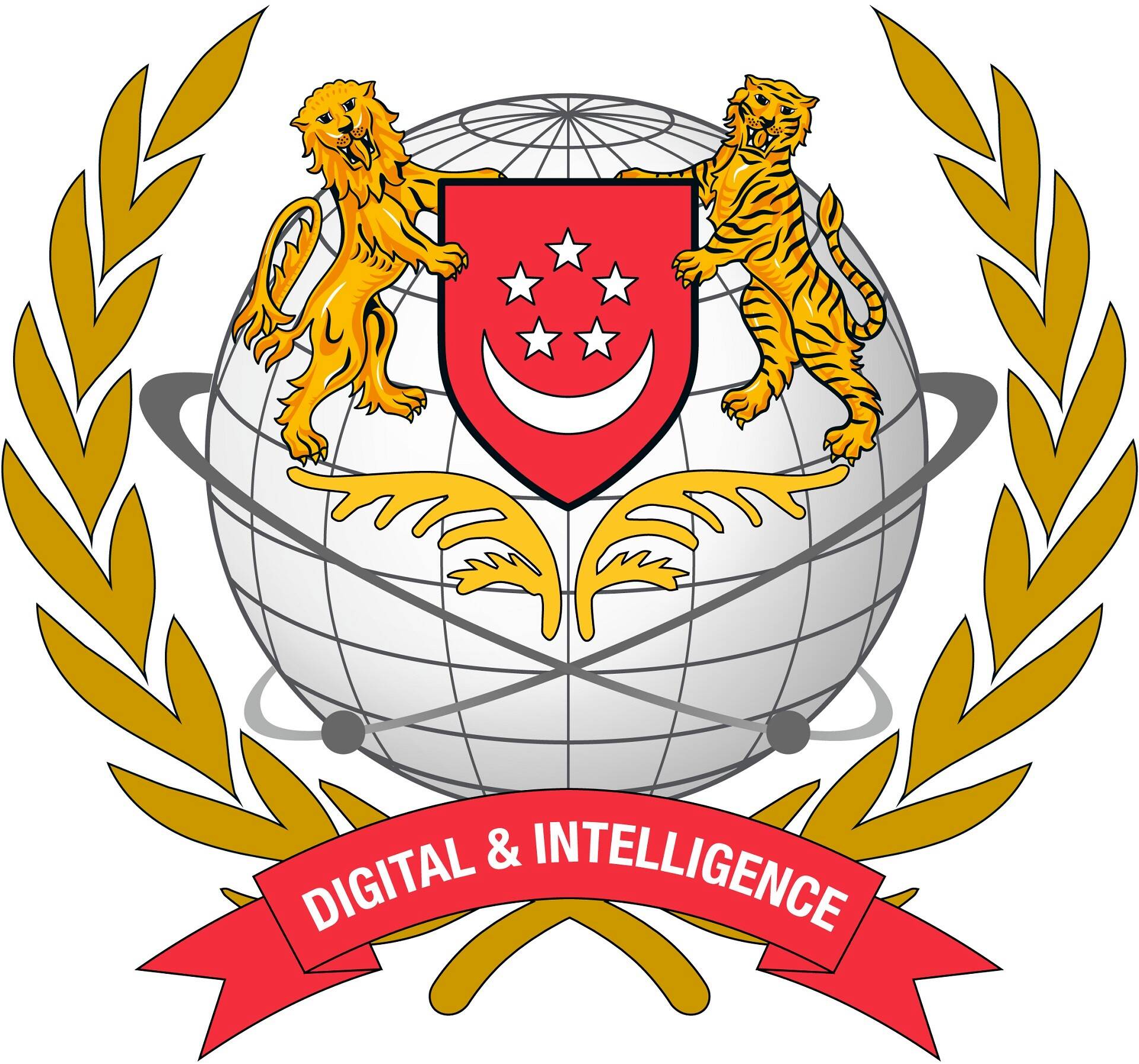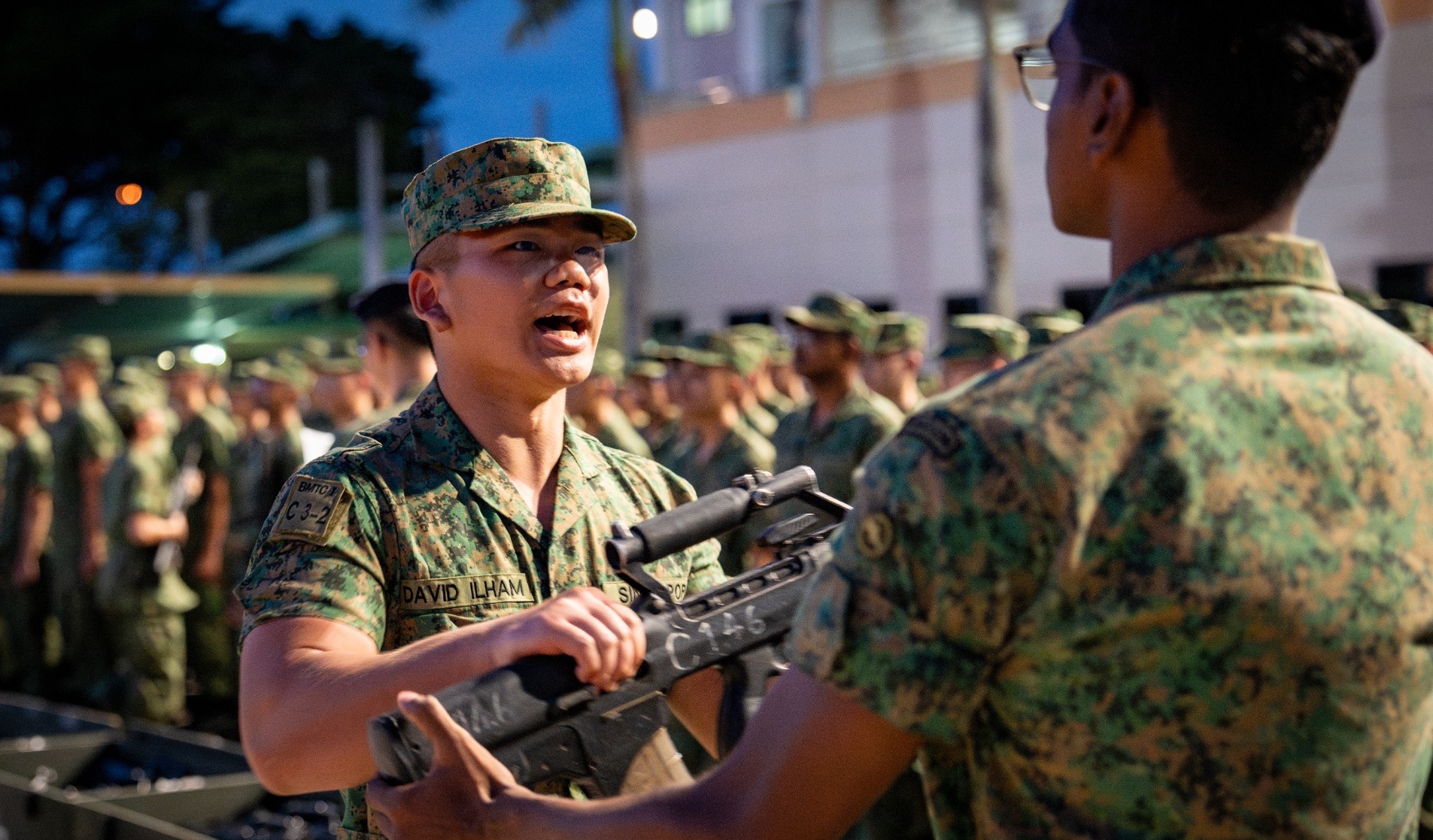MILESTONES
SAF SETS UP NEW DIGITAL AND INTELLIGENCE SERVICE
28 Oct 2022
This fourth Service will focus on building cyber capabilities and defend Singapore from evolving and increasingly complex threats in the digital domain.
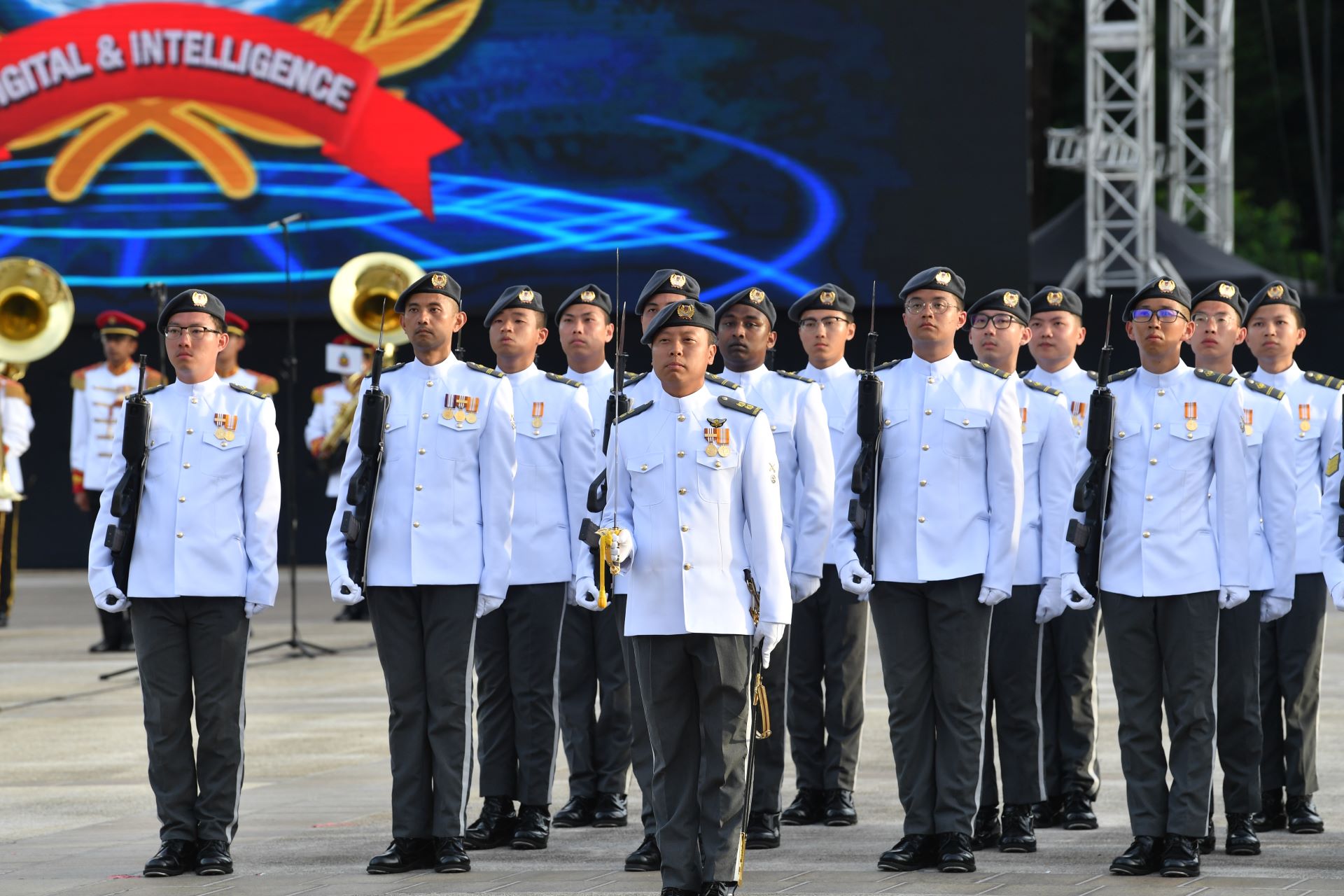

A new Service has been set up to defend Singapore from threats in the digital domain.
Marking a key milestone in the transformation of the Next-Generation SAF, the Digital and Intelligence Service (DIS) is a consolidation and integration of existing Command, Control, Communications, Computers and Intelligence (C4I) as well as cyber capabilities of the Singapore Armed Forces (SAF).
The DIS allows the SAF to better operate as a networked and integrated force to deal with a wider spectrum of external threats. It will also raise and train people to sustain its digital forces and capabilities.
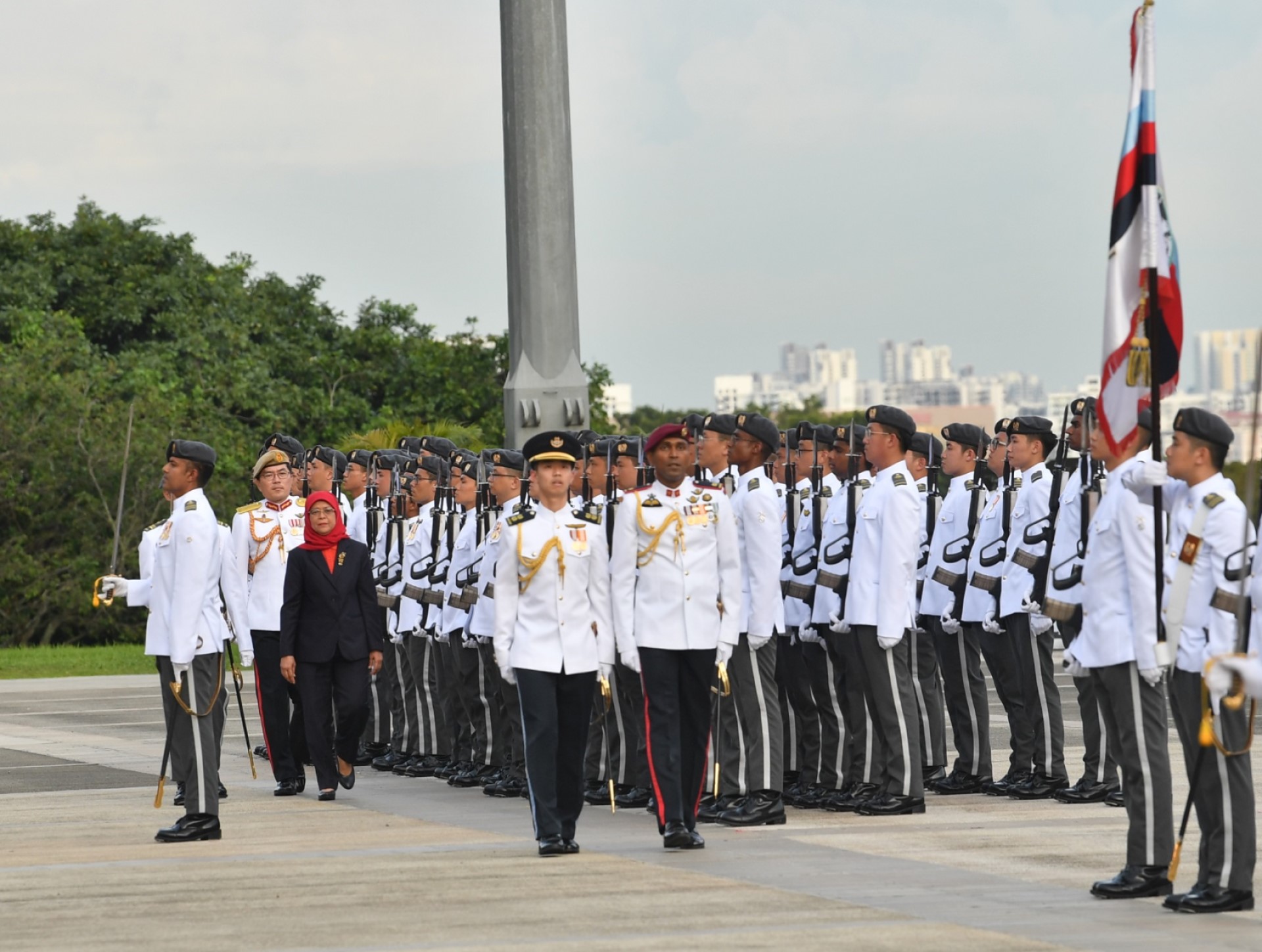
"There have been many examples in the world today where digital capabilities have been used, alongside integrated air, land, maritime or (even) strike capabilities… The digital domain is a full-fledged domain of contestation and it's something that we need to have a proper service structure," said Head DIS Implementation Office Colonel (COL) Letchumanan Narayanan at a media brief held at MINDEF on 26 Oct.
The 40-year-old added that setting up the DIS will make it easier to recruit, retain and train the right people for the roles.
"It's not about tanks, fighter jets or warships, it's going to be about the people and that's a real capability."
Chief of Defence Force Lieutenant-General (LG) Melvyn Ong said that as the SAF continues to build capabilities and transform itself to strengthen national defence, the establishment of the DIS is a "concrete example of our resolve to stay ahead and enhance Singapore's peace and security".
"The DIS will work closely with the other Services in all aspects of its work, including intelligence, C4 connectivity, cyber defence and digital defence and they will enable the SAF to operate as a networked and integrated force," said LG Ong.
"In the face of new challenges, the SAF is ready to safeguard Singapore's sovereignty, peace and security."
The four commands
Led by the Chief of Digital and Intelligence Service (CDI), the DIS comprises a Service Headquarters (HQ), four Commands and a Digital Ops-Tech Centre (DOTC).
The first of four commands – the Joint Intelligence Command (JIC) - provides accurate, relevant and timely intelligence to aid in early warning and decision-making of the SAF's operations when required.
The SAF C4 Command/Cybersecurity Task Force (SAFC4COM/CSTF) operates and safeguards the Command, Control, Communications and Computers (C4) capabilities for MINDEF and the SAF.
The Digital Defence Command (DDC) develops electronic protection and psychological defence capabilities for MINDEF and the SAF to address evolving threats and security challenges.
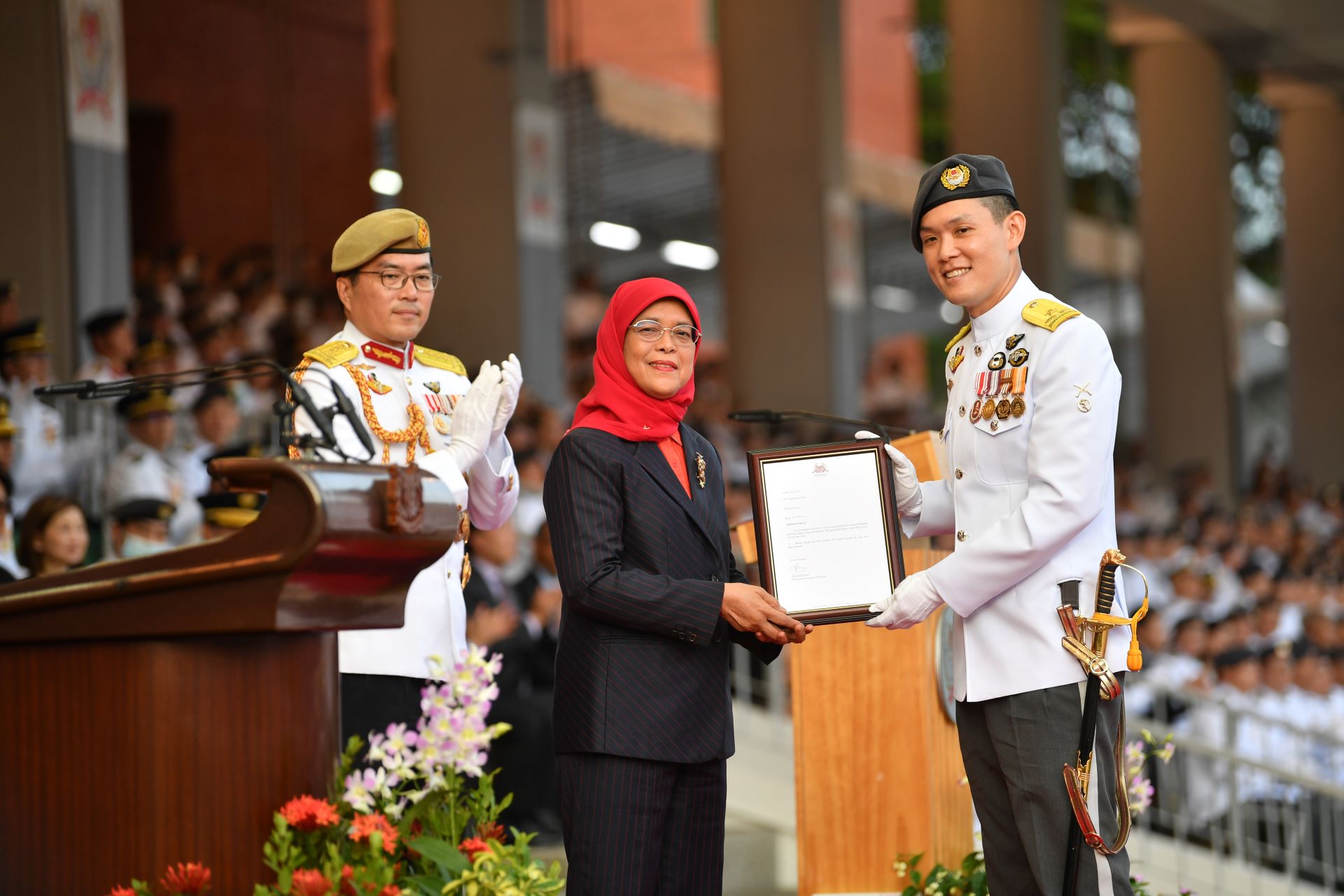
The last command is the DIS Training Command (DTCOM), which will be established next year.
Responsible for the development of the DIS workforce, potential cyber experts will be trained in schools to build up their competencies in intelligence and cyber.
Finally, the DOTC enables the SAF to develop agile responses to meet changing operational requirements on the digital frontier while developing a digital core well-versed in data science and Artificial Intelligence (AI) technologies to sharpen the SAF's operational edge.
"Think of it as a digital software start-up within the SAF. They will build rapid software using the latest software engineering, machine learning techniques to meet our operational needs," explained COL Letchumanan.
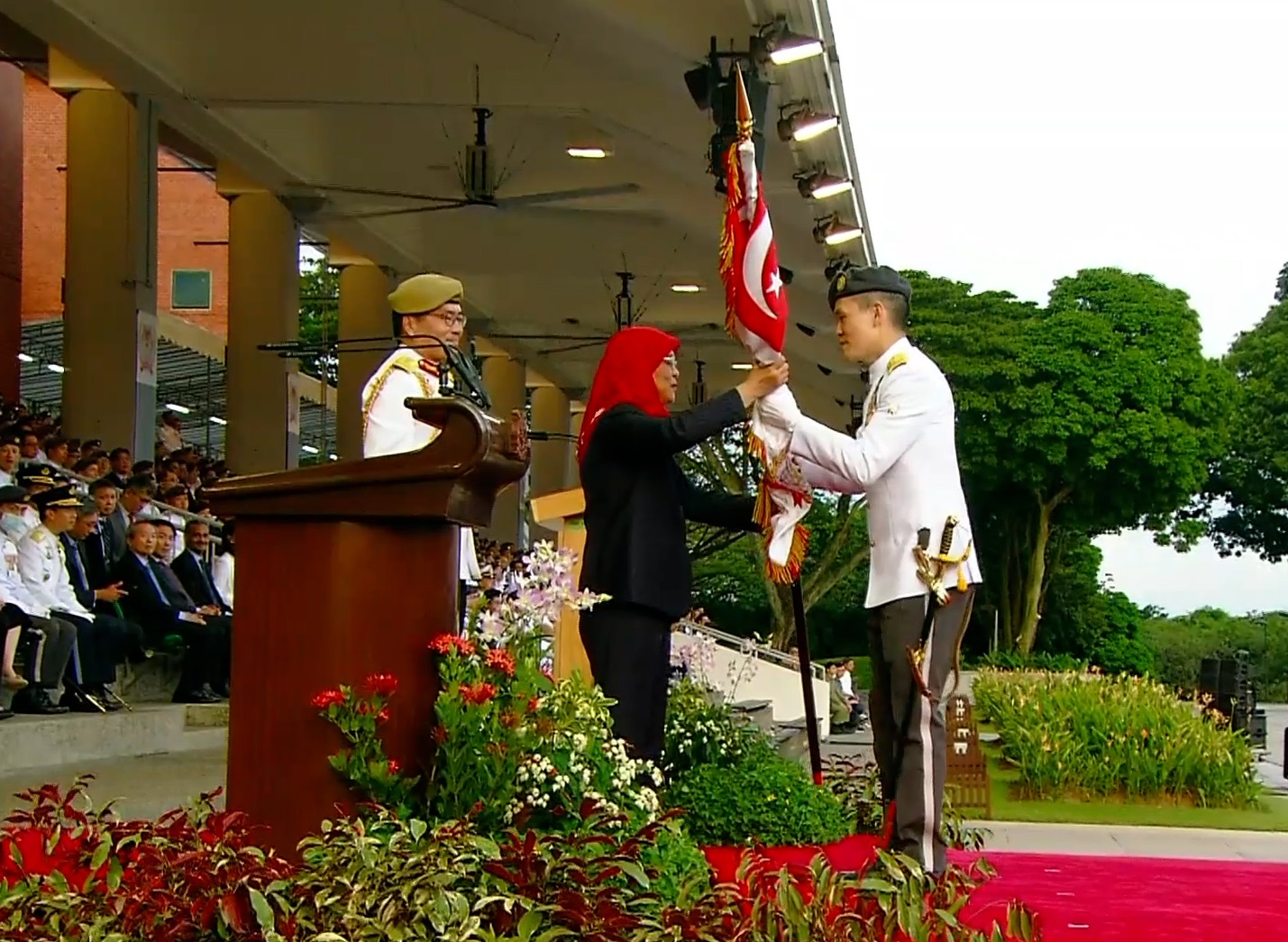
Ready for DIS
With potential threats always emerging, the SAF needs to be ready right from the start. This is why attracting and training the right people, both military and non-military, for roles in the DIS is crucial.
"I truly believe that the real capabilities and quality of our people is not just about the competencies (but) the mission mindset," said COL Letchumanan.
"It's about having that drive and figuring out where the threat is, how we can best protect ourselves, how we can build our capabilities in a way that is very involved even down to the last serviceman and woman."
Uniformed roles
There are currently three vocations under the Military Domain Expert
Scheme (MDES), and two under the Defence Executive Officer (DXO) scheme.
The MDES vocations comprises the C4 Expert (C4X), Military Intelligence Expert (MIE) and Digital and Intelligence Systems Engineer (DISE).
The C4Xs anchor MINDEF and the SAF's cyber defence. They will address emerging threats by developing digital products and solutions to provide the SAF with a technological edge in the digital domain.
They are also responsible for areas of security monitoring, cyber incident response, vulnerability assessment and penetration testing, malware analysis and cyber forensics, as well as cyber threat intelligence operations.
The MIEs are charged with providing accurate, relevant and timely intelligence to support national security operations and policymaking.
Leveraging technologies to uncover new threats while identifying gaps and vulnerabilities significant to Singapore, they will collect accurate and actionable intelligence through different domains to shape the outcome of the military campaign.
The DISEs ensure that the SAF's strategic communications, information and sensor systems are always up-to-date and operationally ready to face the ever-evolving security environment.
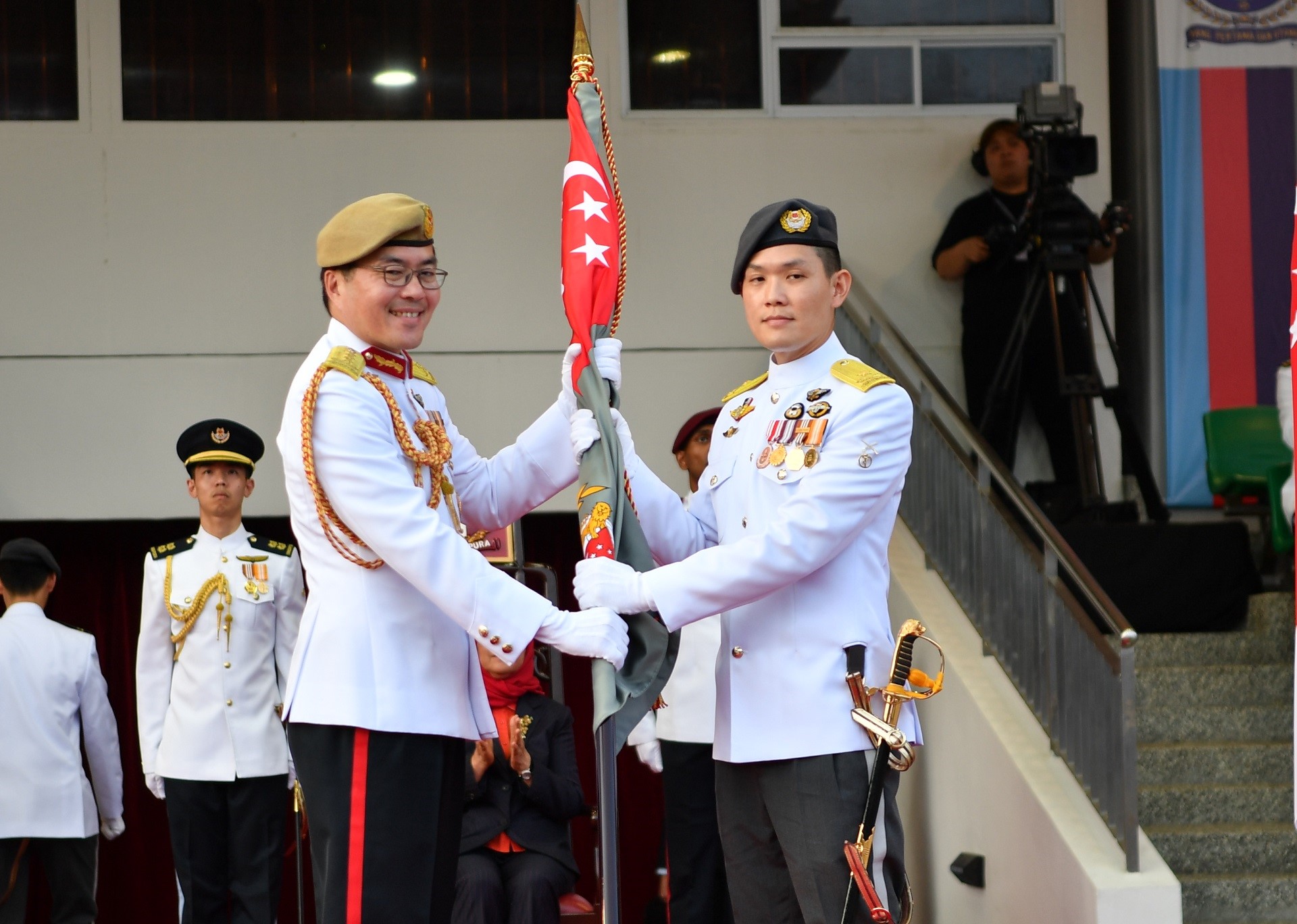
Non-uniformed digital experts
The Defence Cyber Experts (DCX) are the non-military counterparts of the C4Xs.
They are deployed to defend MINDEF and the SAF's systems and networks by providing expertise in cyber threat intelligence, forensics, penetration testing, development of software, data science and digital infrastructure.
Those working in the Research, Mapping and Connectivity unit will handle areas such as policy formulation, research, geospatial mapping, maintenance and operation of networks.
"If you join us, you could be involved in a research role tracking like geopolitical developments in the region, looking at threat research for counterterrorism purposes or even supporting our geospatial mapping needs," explained COL Letchumanan.
Work-Learn Schemes for NSFs
The DIS will also leverage national servicemen to develop its digital workforce.
Operationally Ready National Servicemen (NSmen) with relevant skills and expertise can express interest to serve in the DIS through the Enhanced Expertise Deployment Scheme.
Full-time National Servicemen (NSFs) with suitable skills can also participate in DIS-related Work-Learn Schemes (WLS). This means that they will undergo military training and serve their NS while attaining academic credits, which will contribute to the eventual completion of a relevant university degree.
The current Cyber WLS has proven to be successful. Introduced in February 2018, the three or four-year scheme gives Cyber Specialists opportunities to hone their skillsets through vocational and academic training to deal with advanced cyber threats, engage in real-world cybersecurity operations and contribute to the nation's cyber ecosystem.
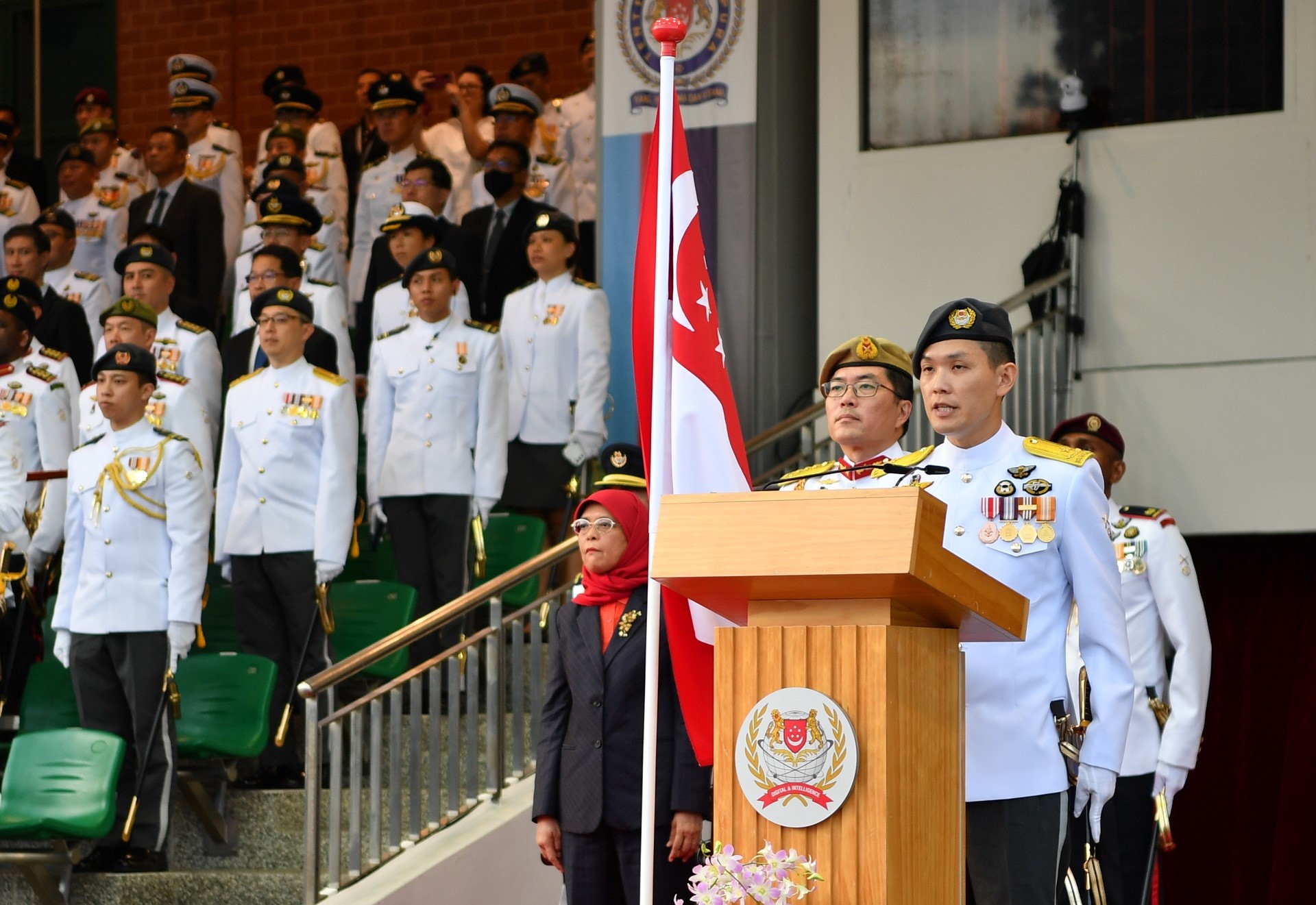
New Digital WLS for April 2023 enlistees
Riding on the success of the Cyber WLS, a newer Digital WLS has also been launched in March 2022.
Pre-enlistees who enlist from April 2023 onwards with an interest in Computer Science, Computer Engineering or data science and Artificial Intelligence (AI) are welcome to apply for the Digital WLS.
Over the course of the four years, Digital Specialists will have opportunities to develop AI applications and perform software engineering tasks in support of real-world military operations.
They will also take up modules to earn academic credits at Nanyang Technological University that contribute to an eventual degree in Data Science and AI, Computer Science or Computer Engineering.
By the end of the four-year period, they will earn half of the required academic credits towards a degree. They can then complete their studies in another two years.
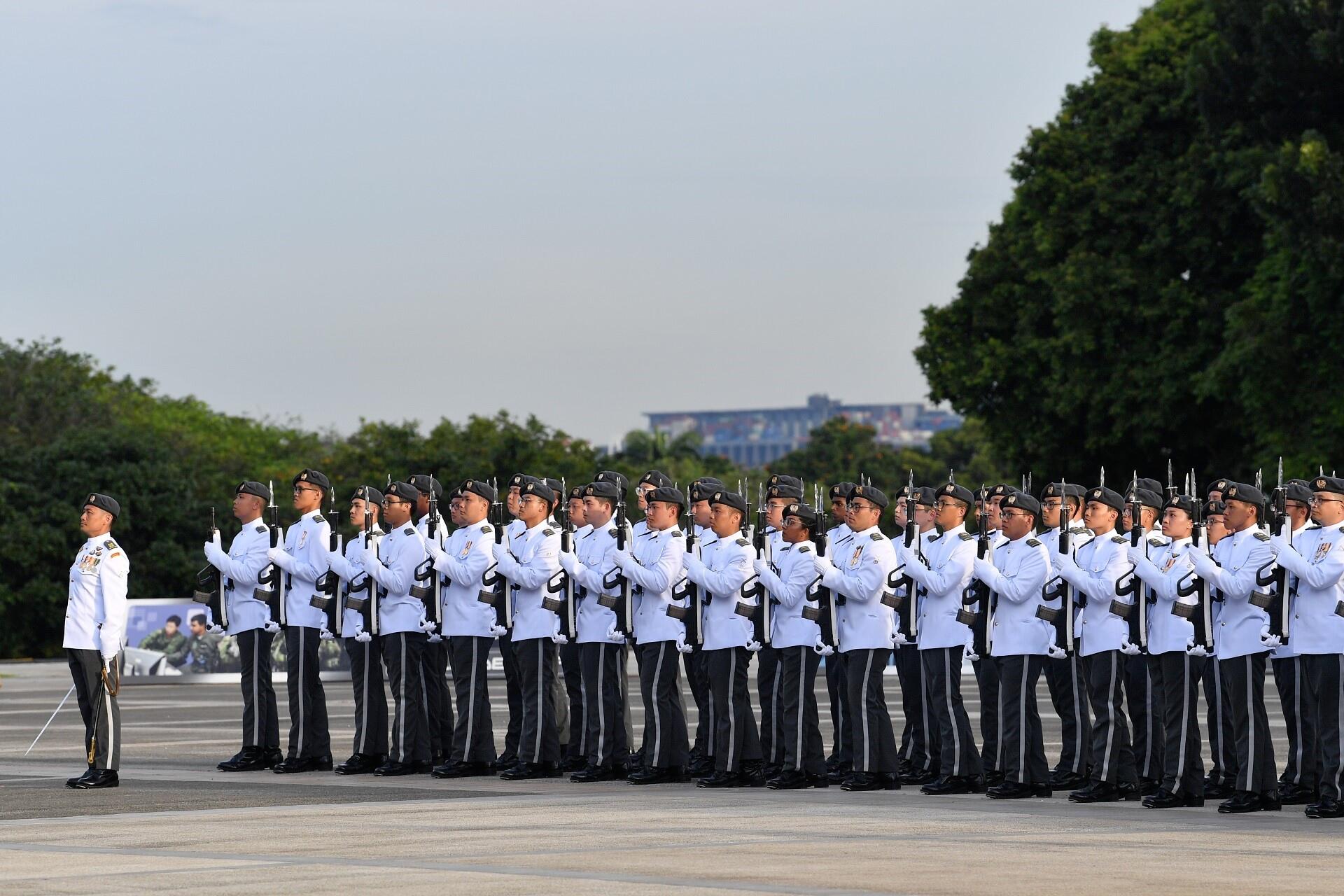
Bringing in NSmen with cyber expertise
Apart from NSFs, the DIS is also hoping to attract NSmen with industry expertise including those who are looking for a mid-career switch.
"What we hope to do is to look for NSmen with industry expertise who may have not come through our ranks and hopefully consider them for a different deployment in their NS cycle.
"This is another new way of tapping on our expertise among the civilian workforce and still be part of the national service ecosystem," said COL Letchumanan.
New frontier
As the youngest Service in the SAF, the servicemen and women of DIS have their work cut out for them.
"Being recognised for our expertise means a lot to our people. This is an emerging domain that needs to be fought in and secured for Singapore and the SAF," said COL Letchumanan.
"It's exciting and a proud moment for us (and) we hope to see the support of Singapore, and have men and women joining us."
ALSO READ IN MILESTONES
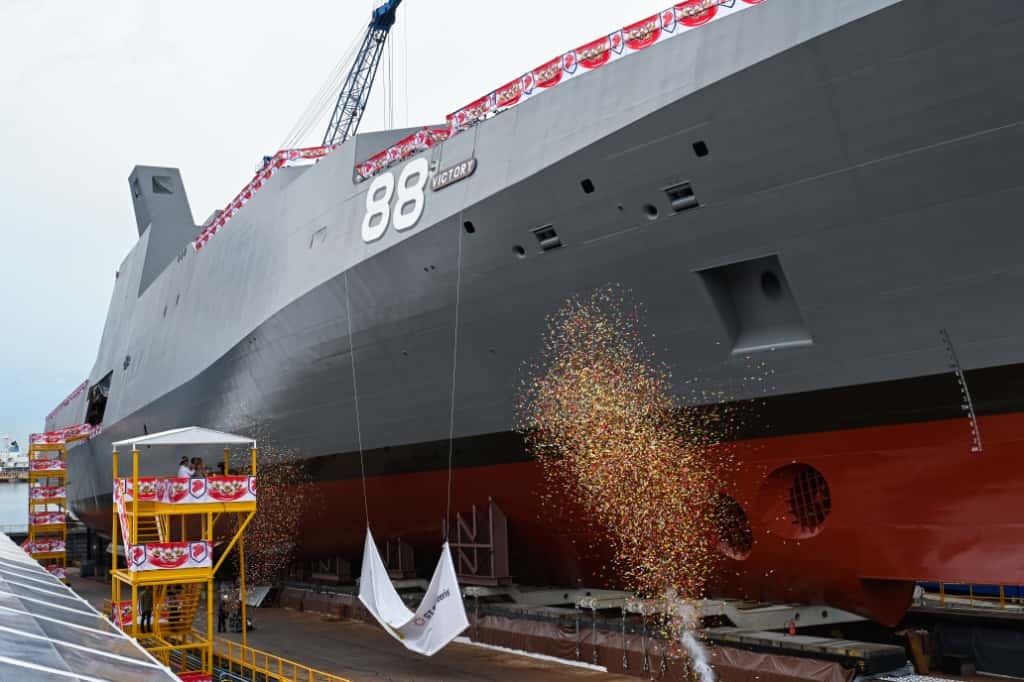
Navy launches 1st Multi-Role Combat Vessel
21 Oct 2025
The Multi-Role Combat Vessel will function as a mothership for the command and conduct of unmanned naval operations.
-dsc_2181.jpg?sfvrsn=cf9c6464_2)
What you need to know about the new CMPB
14 Oct 2025
The new Central Manpower Base (CMPB) at Bukit Gombak officially opened its doors on 14 Oct, welcoming pre-enlistees, servicemen and the public alike to a state-of-the-art, one-stop hub for all things National Service (NS).
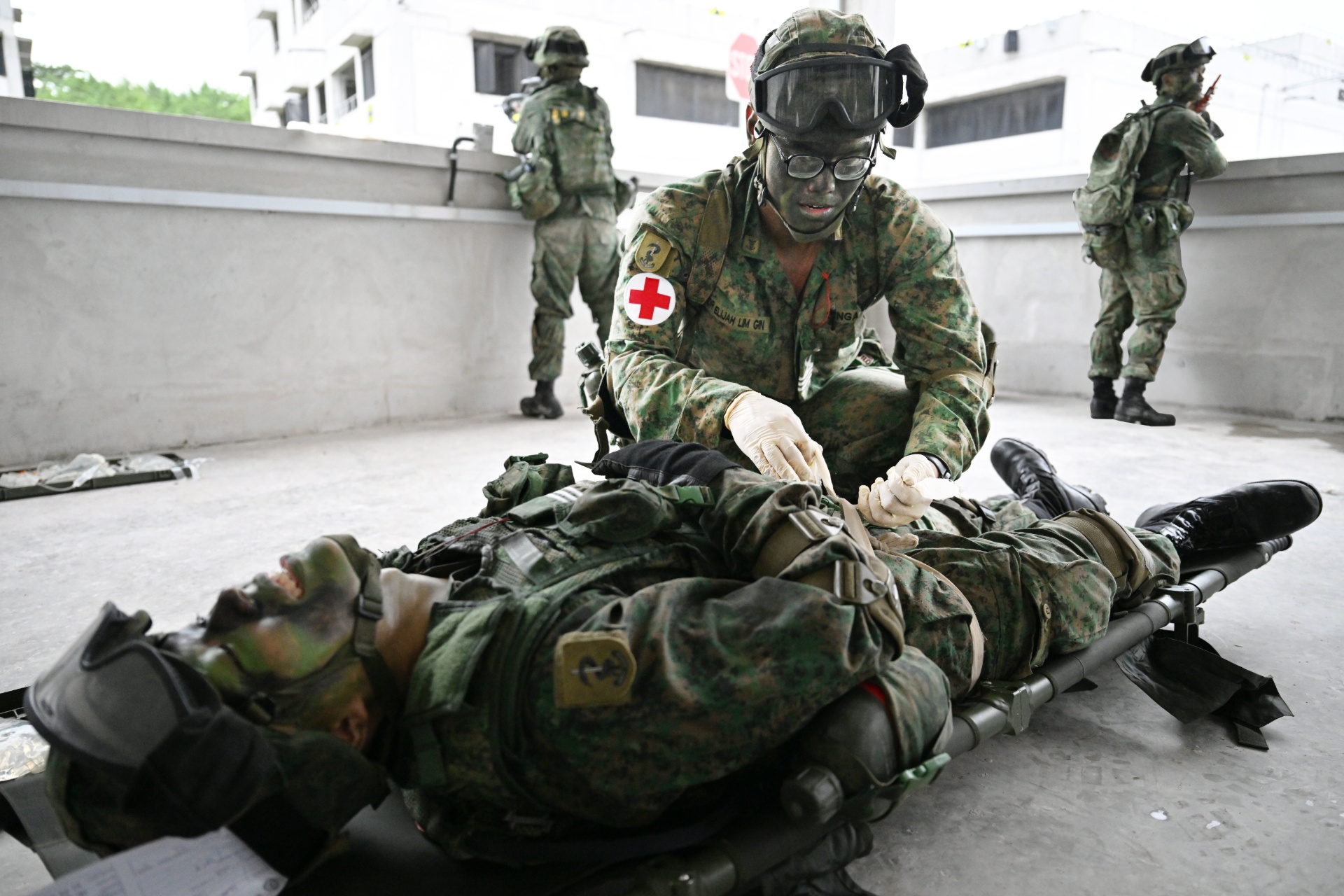
What it takes to become a medical officer
07 Oct 2025
This October, we celebrate the 100th batch of graduates from the Medical Officer Cadet Course. What does it take to become a military doctor? We uncover the highlights!

